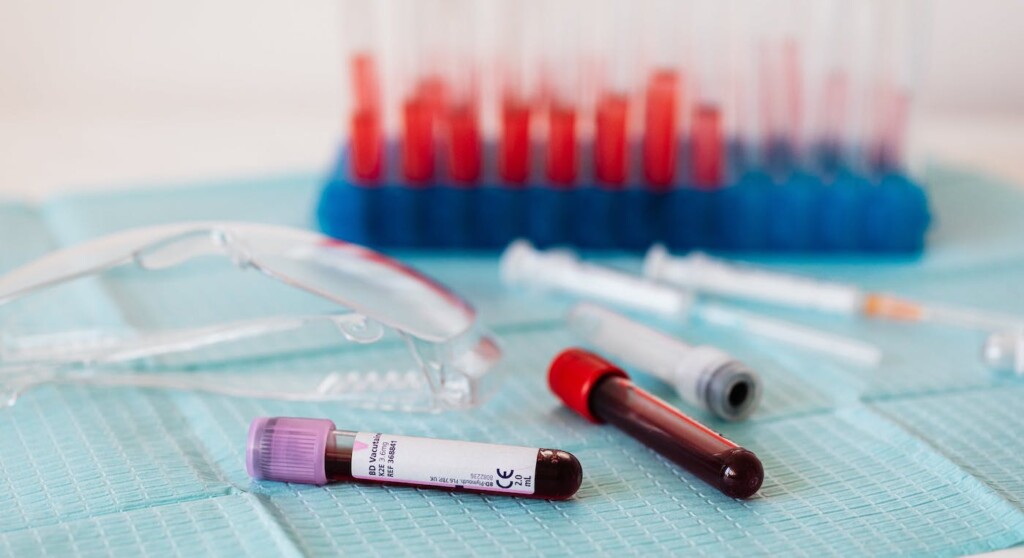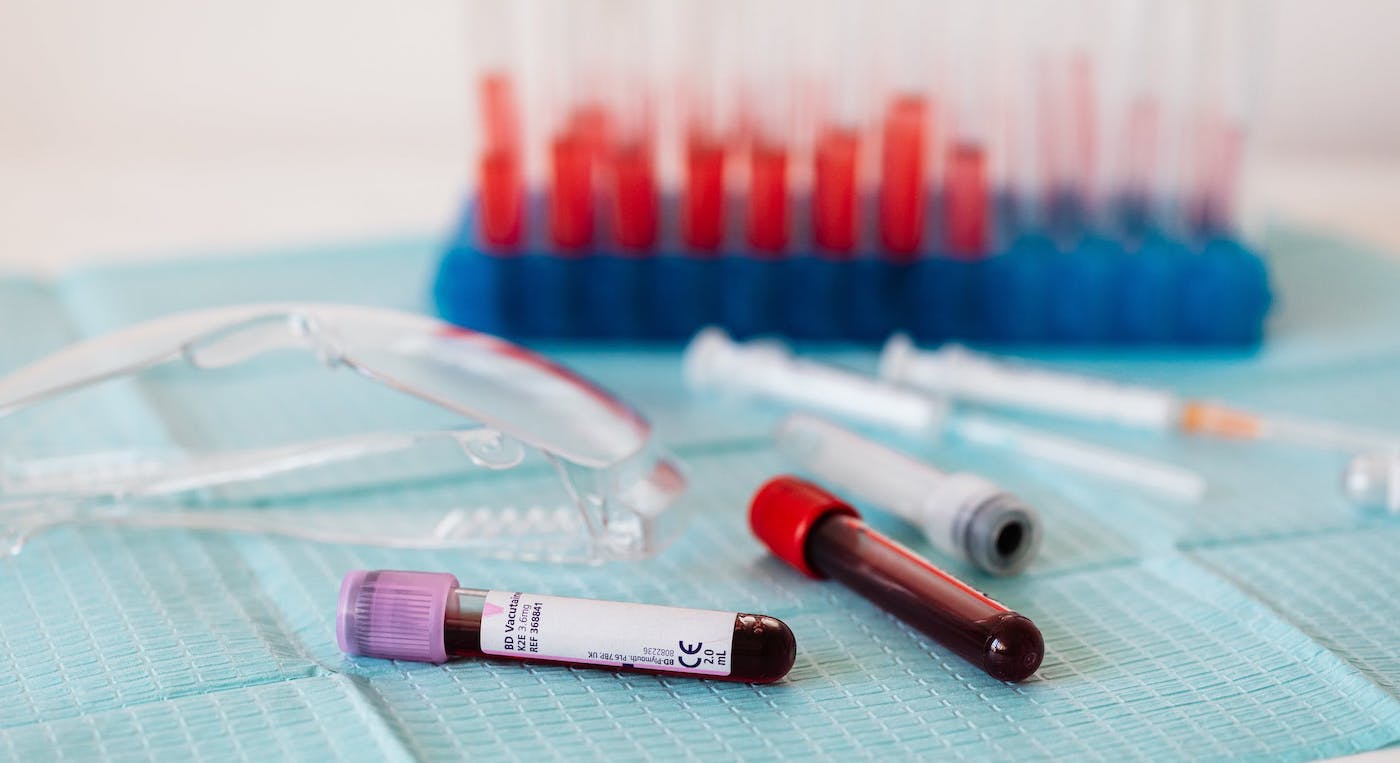
A simple blood test for ovarian cancer is on the horizon now that three telltale proteins have been discovered.
Scientists captured them from samples using nanowires with a special chemical coating.
It offers hope for a screening program that could diagnose the disease earlier—because the symptoms of ‘the silent killer’ cancer usually only develop after it has already spread.
The molecules are known as EVs (extracellular vesicles). They are especially small proteins released from the tumor, which can be isolated from body fluids such as blood, urine and saliva.
The Japanese team extracted them from the most common type of ovarian cancer (high-grade serous carcinoma or HGSC), and used a scanning technique called liquid chromatography-mass spectrometry.
The findings published in the journal Science Advances showed each of the three identified proteins was useful as a biomarker for HGSCs.
“The results of this research suggest that these diagnostic biomarkers can be used as predictive markers for specific therapies,” said lead author Dr. Akira Yokoi, of Nagoya University.
“Our results allow doctors to optimize their therapeutic strategy for ovarian cancer, therefore, they may be useful for realizing personalized medicine.”
CHECK OUT: Groundbreaking Myeloma Cancer Treatment Has 90% Success Rate: ‘Dramatic Results’
9-in-ten women who are diagnosed early survive, but if discovered late the survival rate drops to just one in 10.
Currently only a third of cases are caught early, but these three proteins open the door to a new diagnostic tool.
“The validation steps for the identified proteins were tough because we had to try a lot of antibodies before we found a good target,” said Dr. Yokoi.
Then, the researchers created nanowires covered with a thermoplastic polymer called polyketone to separate the proteins from blood samples.
“It was tough. We must have tried three to four different coatings on the nanowires.
BREAKTHROUGH: Aggressive Leukemia Disappears in 13-Year-old Girl Who was First to Receive New CRISPR Treatment
“Although polyketones are a completely new material to use to coat this type of nanowire, in the end, they were such a good fit.”
SHARE Some Hope on Social Media…




















